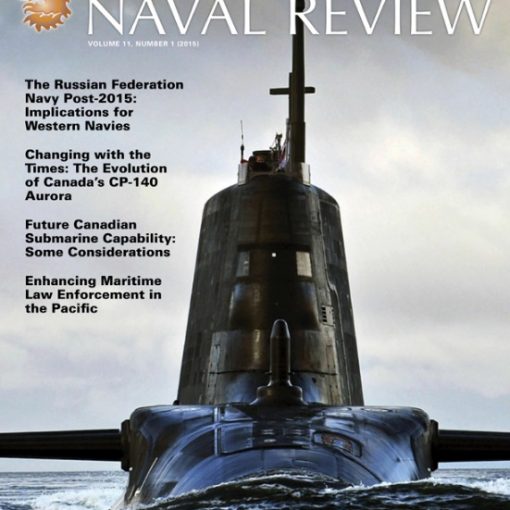The problem [of acquiring nuclear submarines, as suggested by Keith Spicer,] is not so much the acquisition cost as it is the cost of training, infrastructure and operating the boats. The political aspects cannot be ignored either. The result I suspect is that the nuclear submarine becomes as onerous to bear as the cost of equipping and operating an army in Afghanistan. In short the desire to maintain general purpose combat capable forces would succumb, once again, to a single mission.
There are other ways to maintain surveillance and control of the north. Satellites, maritime patrol aircraft, a range of ice capable ships, bottom based sonar systems, electronic and communications intelligence gathering, scientific research, and human presence come to mind. We have some capacity in each of these areas today and can add to that capacity relatively easily, if we so choose. New ice breakers and northern use of the Aurora/Arcturus [patrol aircraft] would be a good start. The politicians and air force need prodding to get the Auroras/Arcturus going and the politicians need prodding to build polar icebreakers. The navy has been prodded into the A/OPVs [arctic offshore patrol vessels] by the politicians.
If Canadian sovereignty is a national interest then the Canadian Forces needs to embrace its protection as a serious mission. The same issue plagues the United States. The United States Coast Guard sees itself as the protector of American sovereignty while the United States Navy is the warfighter. The USN risks irrelevance, even though it is not the primary provider of expeditionary ground forces, as the sting of defeat from foreign land wars settles into that country. Read the July issue of Proceedings to get a feel for the stresses emerging down there.
I think Mr. Spicer has posed an interesting question but there is a much larger issue to be considered. Perhaps we should ask the bigger question: what are Canada's national interests?


